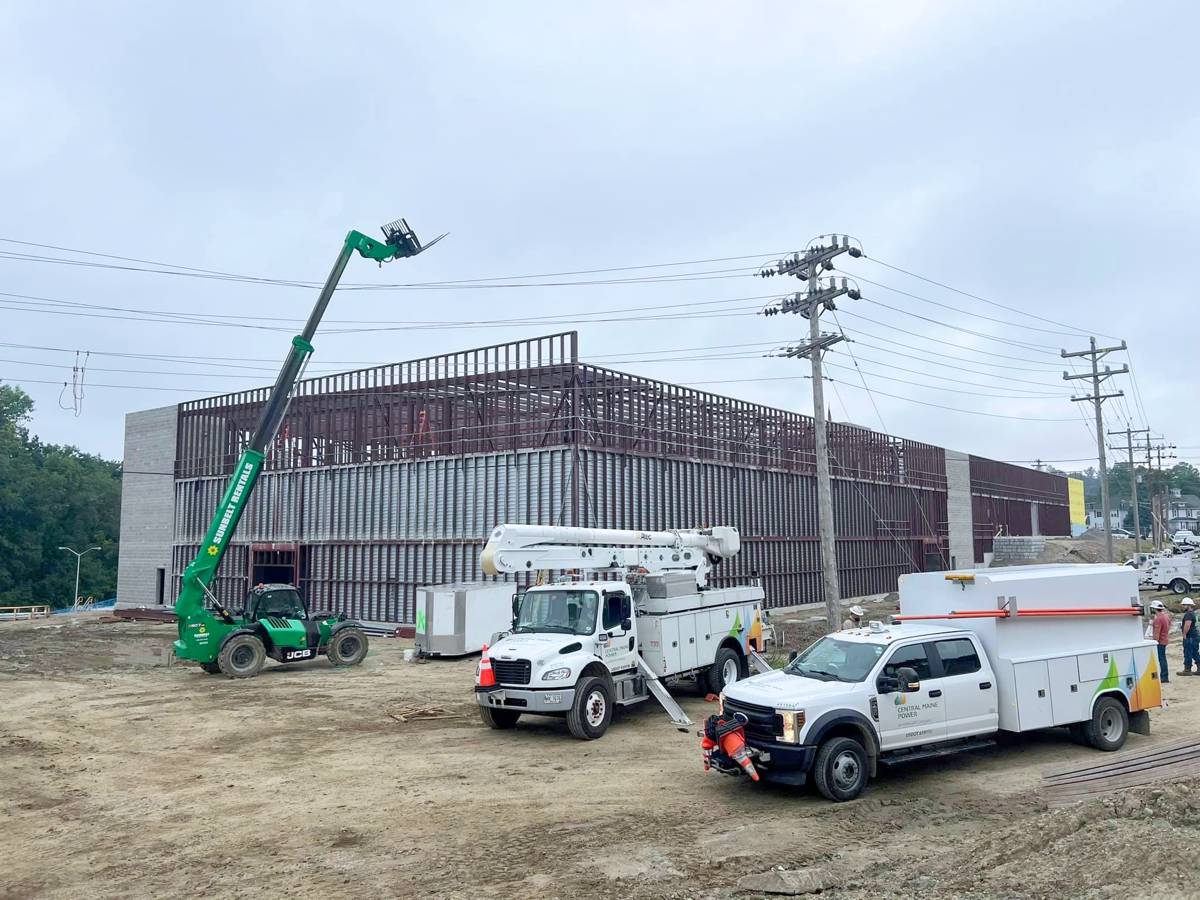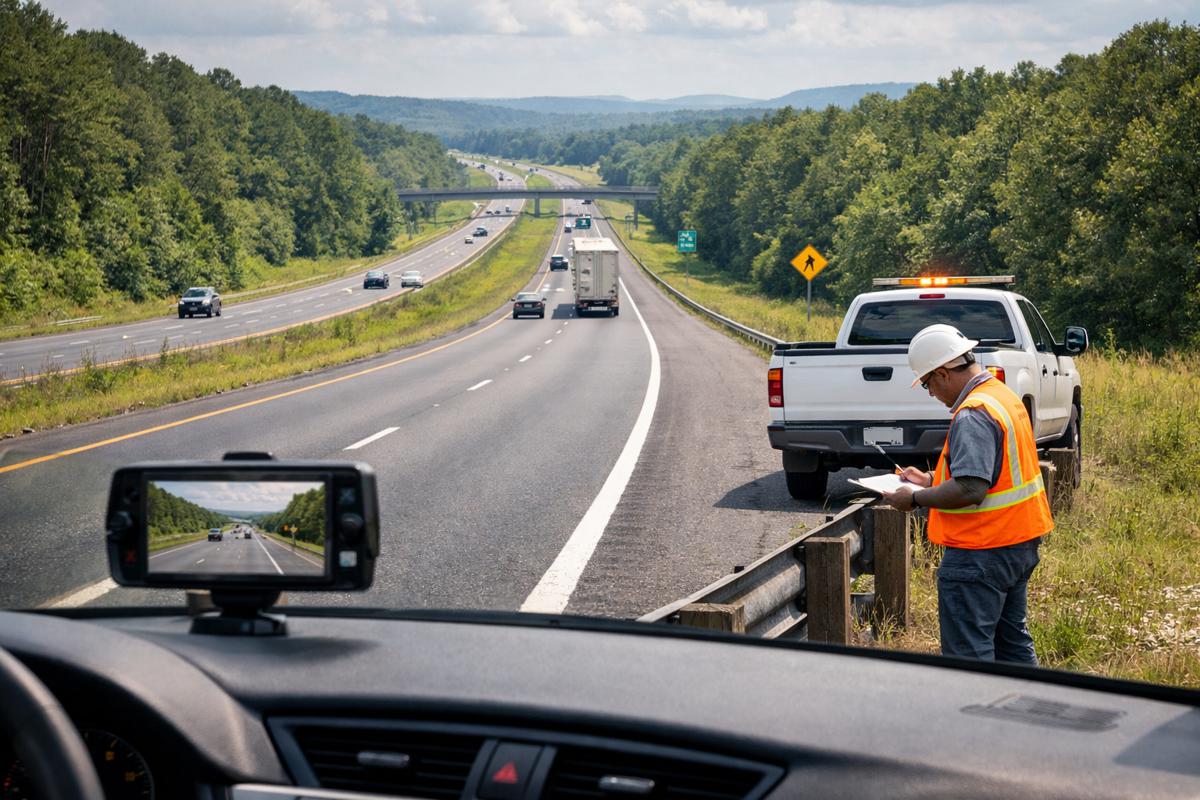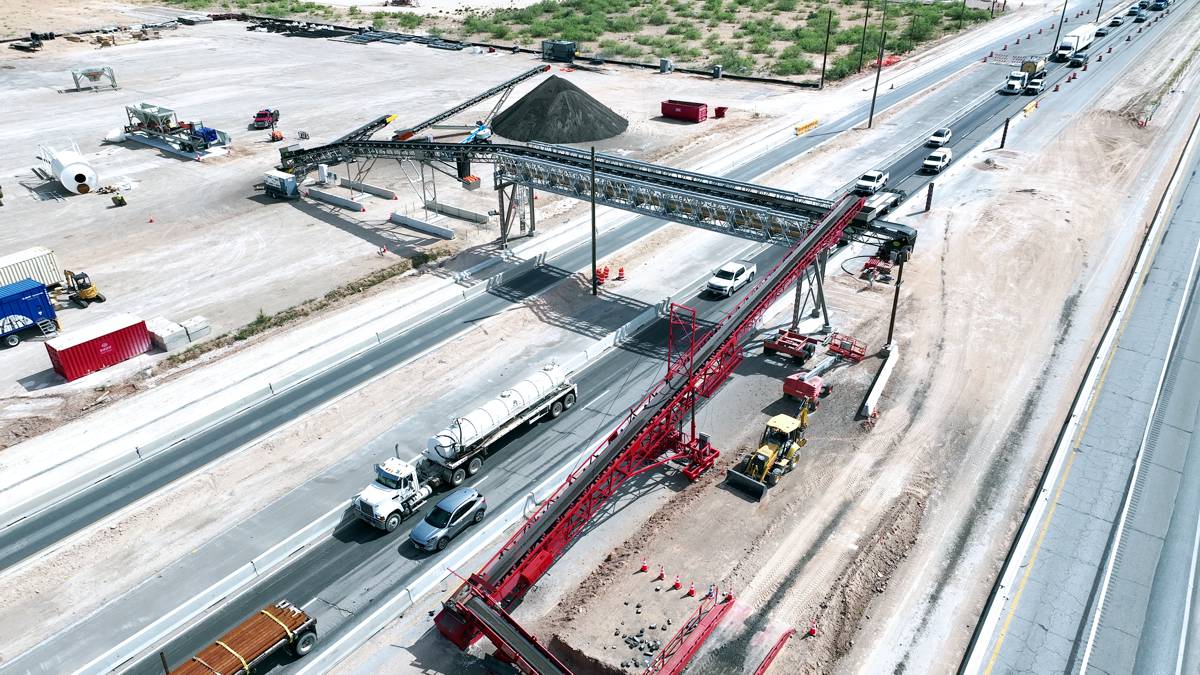The Forklift Fiasco that shined a light on Modern Grid Resilience
In what could be described as one of the more bizarre incidents in recent memory, joyriding vandals commandeered an industrial forklift early one Sunday morning and rammed it into high-voltage transmission lines in Lewiston-Auburn, Maine. The result? Power was knocked out for nearly 7,000 customers in the area.
Thankfully, no one was injured, and the police are still on the trail of those responsible. However, this peculiar act of vandalism also revealed the hidden strength of Central Maine Power’s (CMP) modernised grid.
Within just 10 minutes of the initial outage, CMP managed to restore electricity to more than 80% of the affected customers. The quick recovery was largely due to automated reclosers and remotely operated switches, key components of CMP’s investment in grid technology. The incident, strange as it was, highlighted how critical such technologies are in ensuring rapid response and minimal disruption in today’s power distribution networks.
The Power of a Modern Grid
While the physical damage took over six hours to repair—untangling the forklift from power lines is no small feat—the majority of customers had their electricity back before most even had time to fully grasp the situation. CMP’s Energy Control Center, armed with cutting-edge remote management tools, was able to isolate the problem and reroute power in real-time.
“This type of outcome is precisely why we continue to pursue strategies and investments to further enhance grid automation,” remarked Adam Desrosiers, Vice President of Electric Operations for CMP. “We know our customers are depending on the electricity we deliver to work, to drive cars and to heat homes. These devices can greatly reduce the scale and duration of power outages for our customers—no matter the cause.”
The quick recovery wasn’t just a stroke of luck; it was the result of years of strategic investments. By deploying automated reclosers and remote switches, CMP has significantly improved its ability to manage power distribution and reduce outage times. This latest incident is a clear testament to the benefits of investing in modern grid infrastructure.
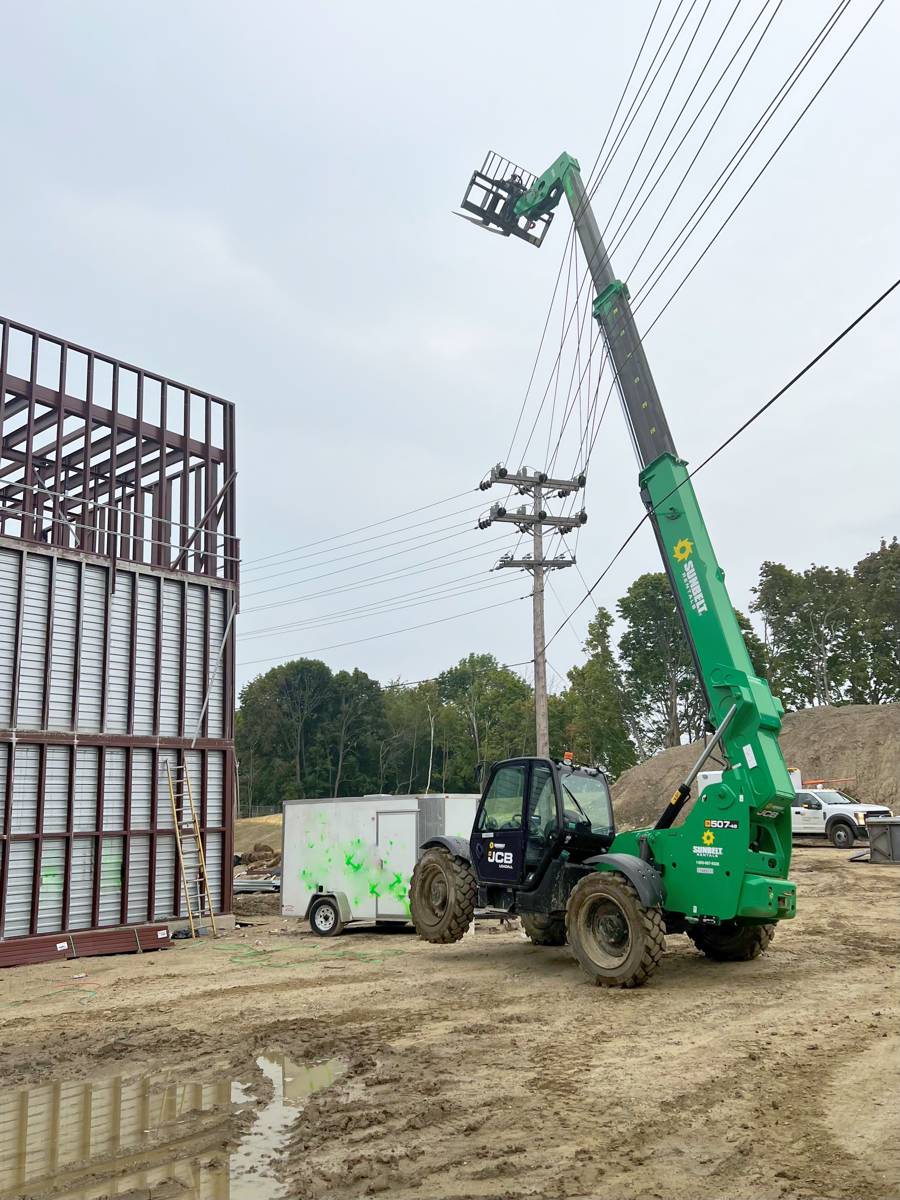
Securing Funding for Grid Modernisation
CMP’s ability to respond so efficiently also speaks to the broader national push towards grid resilience. In October 2023, the U.S. Department of Energy’s Grid Deployment Office awarded CMP a $30 million grant under the Grid Resilience and Innovation Partnerships (GRIP) program, part of the Bipartisan Infrastructure Law. This funding is aimed at bolstering the grid’s ability to withstand both natural disasters and man-made disruptions.
Further boosting their efforts, CMP secured additional funding in July 2024 through the Maine Grid Resilience Program. A portion of the $6.6 million in grants announced by the Governor’s Energy Office will go towards further enhancing grid resilience, particularly in the Baldwin, Sebago, and Standish areas. These upgrades include the installation of more automated devices to enhance operational flexibility and speed up response times during outages.
The Importance of Automation in Today’s Grid
Grid automation has become a cornerstone of modern utility management. Unlike traditional manual systems, automated grids can detect faults, isolate issues, and restore power in a fraction of the time. The incident in Lewiston-Auburn serves as a prime example of how these systems can mitigate the impact of unexpected disruptions, whether caused by nature or human interference.
For CMP, these investments are part of a long-term vision. Over the last decade, the company has poured approximately $3.5 billion into system infrastructure improvements across Maine. This commitment to innovation and resilience is not only about ensuring reliability today but also about future-proofing the grid as energy demands evolve and the industry shifts towards more sustainable solutions.
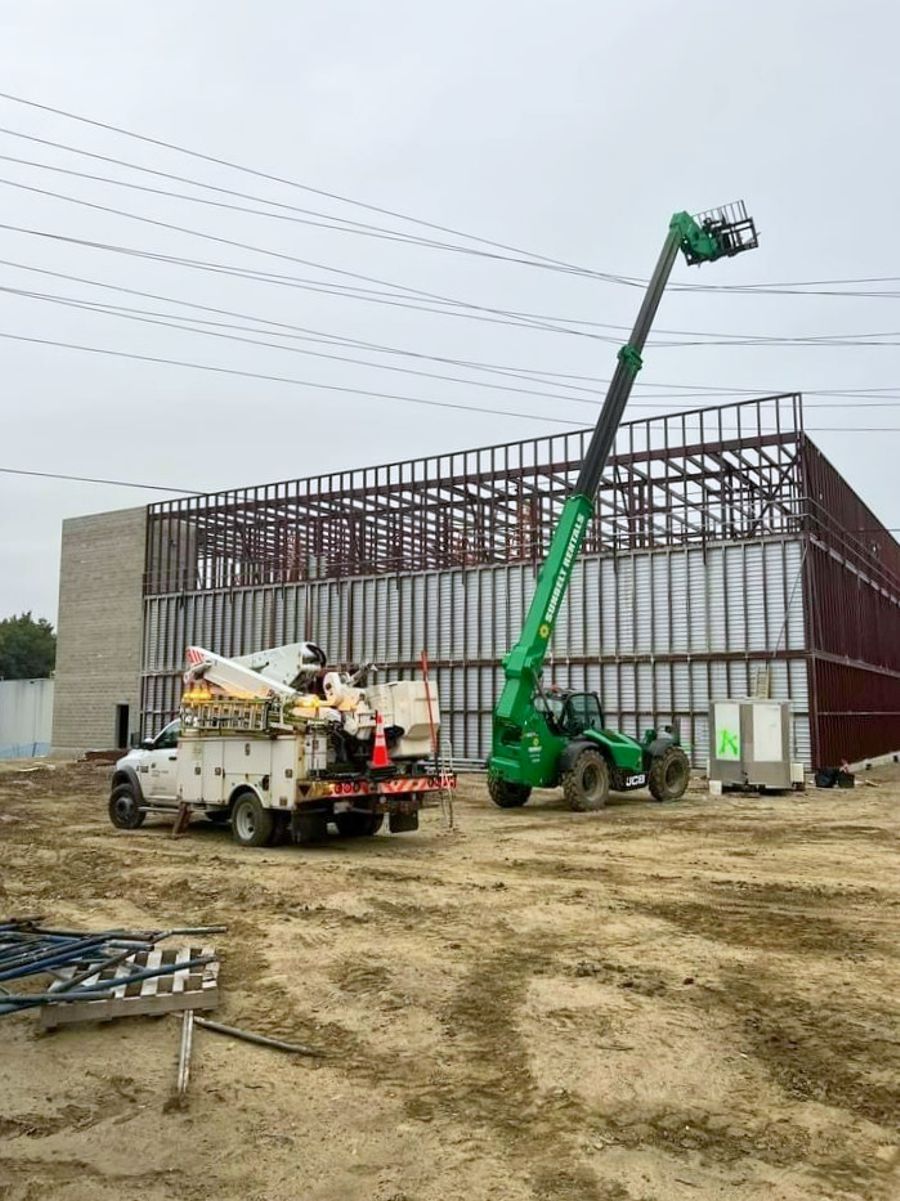
CMP’s Role in the Broader Energy Landscape
Central Maine Power, a subsidiary of Avangrid, Inc., is the state’s largest electricity transmission and distribution utility. With over 646,000 customers across 346 communities, CMP plays a critical role in keeping Maine connected. The company operates approximately 23,500 miles of distribution lines and 2,900 miles of transmission lines—no small task in a region known for its rugged terrain and harsh winters.
Avangrid, CMP’s parent company, is a major player in the U.S. energy sector with operations in 24 states and assets valued at around $46 billion. Avangrid’s commitment to sustainability has been well recognised, with the company ranked first among utilities and 12th overall in JUST Capital’s 2024 list of America’s best corporate citizens. The company’s focus on both renewables and traditional energy networks aligns with global goals for reducing carbon footprints while maintaining reliable power supply.
A Bright Future for Grid Resilience
As the push for grid modernisation continues, incidents like the forklift fiasco in Lewiston-Auburn underscore the importance of having a resilient, automated system in place. While no one could have predicted that a rogue forklift would cause such disruption, the ability to respond quickly and efficiently demonstrates the real-world benefits of advanced grid technology. CMP’s continued investment in automation, supported by substantial grants and strategic funding, will likely pave the way for even greater resilience in the face of both expected and unexpected challenges.
Looking ahead, CMP’s focus remains on delivering consistent, reliable electricity to its customers while staying ahead of the curve in grid innovation. With more funding and advancements in automation, the company is well-positioned to handle whatever the future may bring—whether it’s another bizarre joyride or the growing demands of a decarbonising world.
